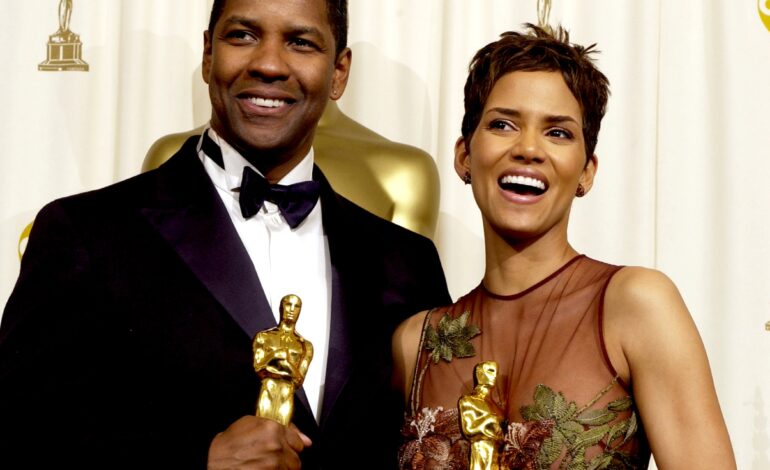Women sports, for years gone, has faced countless hurdles in Uganda, with the country majority plumping for better attention on the part of their male counterparts. As such, gender discrimination in sports remain deeply entrenched and tolerated in most parts of Uganda. Such perceived prejudicial treatment has re-awakened issues regarding gender inequity.
As former Ugandan track and field athlete champion, Dorcus Inzikuru put it in 2007— “I think it’s pretty clear women in Ugandan sport have not been treated with the same care and financing and all of that that men’s sports has. I don’t think anyone’s really arguing about that anymore.” And it really is.

It really should be that sport can serve as a powerful tool and platform for empowering women in the country, with an ambitious view of challenging gender norms on and off the field of play. Ugandan female sports had long cried out for better sponsorship, media coverage, and tangible opportunities to be on equal footing with the male counterparts. Thus, poor funding and limited opportunities remain the biggest challenges female athletes face in Uganda.
However, it has become much more evident that sports world-over are empowering for the girl child. We have seen the possibility of girls challenging the supremacy attached to their opposite gender through sports. In 2020 , Brazilian surfer Maya Gabeira not only smashed her record of surfing a wave of 68ft but as well shredded another of 73.5-feet at Praia do Norte in Portugal. That remained the largest wave surfed by any surfer in 2020, both in the male and female categories. And there are a lot of other instances.
Back to our dear Uganda, I’m of a view that giving girls more sports participation clearly offers her an opportunity to build self-esteem, courage, and self-efficacy. As their belief in their own abilities increases, they drift much more towards taking up leadership positions, of course, which translates into their everyday lives.

Research has shown that over six hundred million girls are growing up in third world countries today, and it has been confirmed by international bodies the likes of the World Bank and the United Nations that the best way to combat penury and stagnation in these parts is to invest in girls and women. This is quite a thing because if you invest in the girl, you indirectly invest in her society as the education she takes in, increased earnings and human development of teenage girls have been known to have a significant impact on their families, and of course their societies at large. When the community sees the girls achieve magnificently in sport, they often tend to recognize their potential to achieve in other domains.
Through investing in them in sphere-like sports, girls are encouraged to take initiative, raise their voices and attempt things they never would have thought possible.


